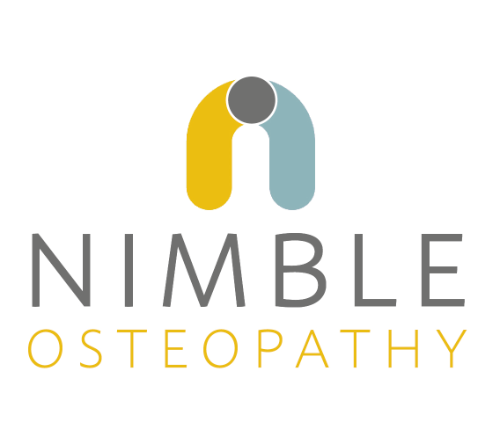
image courtesy of pixabay.com
Understanding Temporomandibular Pain: A common condition with simple solutions
Temporomandibular pain (TMJ pain) is thought to affect around 12% of the UK population, however this figure could well be a lot higher as these are only the reported cases.
The number of people suffering with TMJ pain in the UK has risen dramatically since the pandemic, this increase has being linked to the general rise in stress and anxiety felt by many since the Covid 19 outbreak.
The temporomandibular joint connects your jaw bone to your skull, allowing you to move your jaw freely. However, various factors can contribute to pain and discomfort in this area, which can impact your daily life.
Symptoms of temporomandibular pain may include:
- Jaw pain or tenderness
- Difficulty opening or closing your mouth fully
- Clicking or popping sounds when you move your jaw
- Headache or earache
- Facial pain or fatigue in the jaw muscles
- Locking of the jaw joint
- Tinnitus
If you’re experiencing any of these symptoms, it’s crucial to seek professional advice. As osteopaths we are well-versed in treating temporomandibular pain and can provide a comprehensive evaluation of your symptoms to determine the cause of your discomfort.
Common Causes and Contributing Factors:
- Teeth grinding or clenching (bruxism): Excessive teeth grinding or clenching can place stress on the temporomandibular joint, leading to pain and discomfort.
- Misaligned bite: An improper alignment of the upper and lower teeth can strain the jaw muscles and joints.
- Stress and anxiety: Emotional stress and anxiety often manifest physically, leading to muscle tension and increased likelihood of jaw pain.
- Arthritis: In some cases, arthritis can affect the temporomandibular joint, causing pain and limited movement.
- Trauma or injury: Any trauma or injury to the jaw area, such as a direct blow or whiplash, can contribute to temporomandibular pain.
What are your treatment options?:
- Osteopathy: We use gentle massage techniques on the muscles of your face, head and sometimes inside your mouth (intra oral techniques), to alleviate pain, improve jaw function, and restore proper alignment.
- Jaw exercises: Specific exercises can help strengthen and stretch the jaw muscles, promoting improved mobility and reducing discomfort.
- Postural assessment: Your head and neck posture is a big factor in jaw pain, as head position affects the tension in the muscles supporting the jaw. As osteopaths we can assist you in maintaining correct posture and advise on corrective exercises that you can perform at home.
- Pain management techniques: We can discuss pain management strategies, including over-the-counter or prescription medications, to provide temporary relief during flare-ups.
How can you keep your jaw healthy if you feel you have any of these symptoms?:
Prevention is key when it comes to managing temporomandibular pain. Here are some tips to help prevent or minimize symptoms:
- Practice stress reduction techniques: Engage in activities like yoga, meditation, or deep breathing exercises to manage stress levels effectively.
- Avoid chewing on hard or chewy foods: Sticky or tough foods can strain your jaw muscles, leading to discomfort.
- Take breaks during jaw-intensive activities: If you find yourself engaging in activities that require excessive jaw movement, such as singing or playing a wind instrument, take regular breaks to give your jaw muscles time to rest.
- Avoid excessive jaw movements: Try to minimize activities that involve excessive jaw movements, such as chewing gum or biting your nails.
We’re Here to Help:
If you’re experiencing temporomandibular pain or any other musculoskeletal issues, contact us to discuss how we might be able to help.

Recent Comments